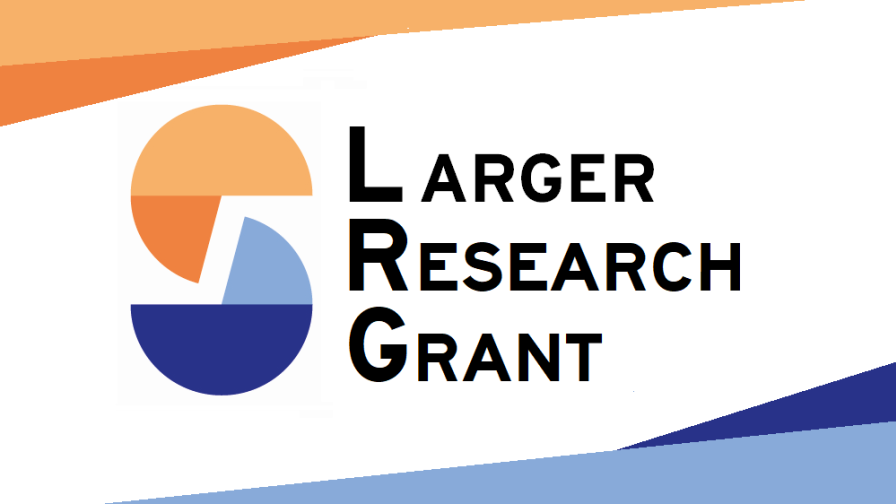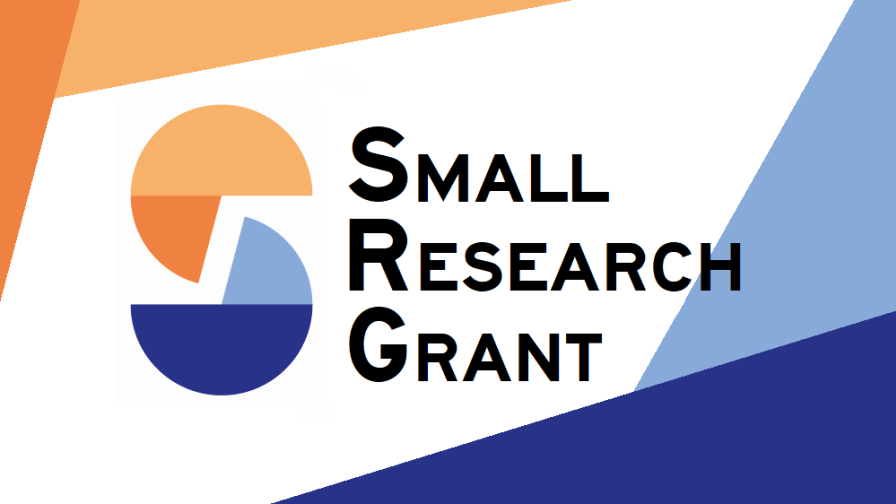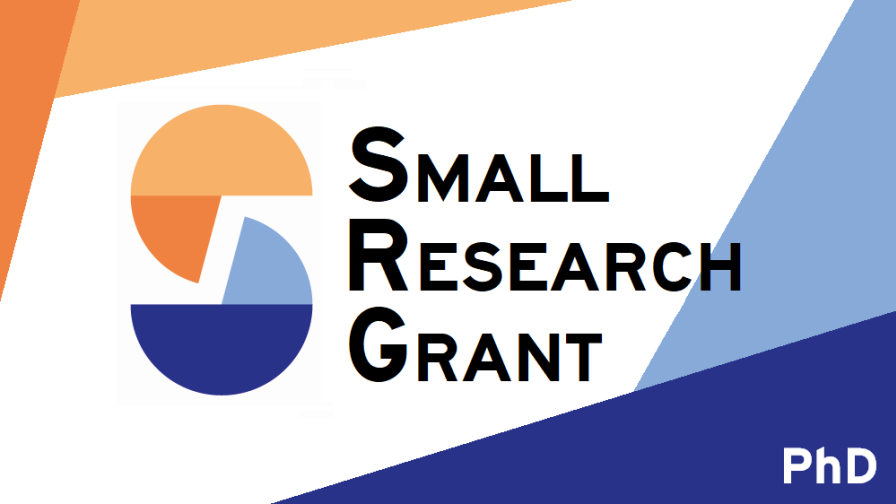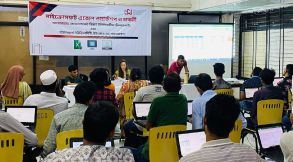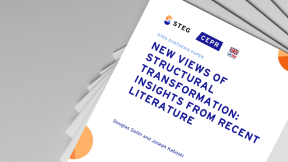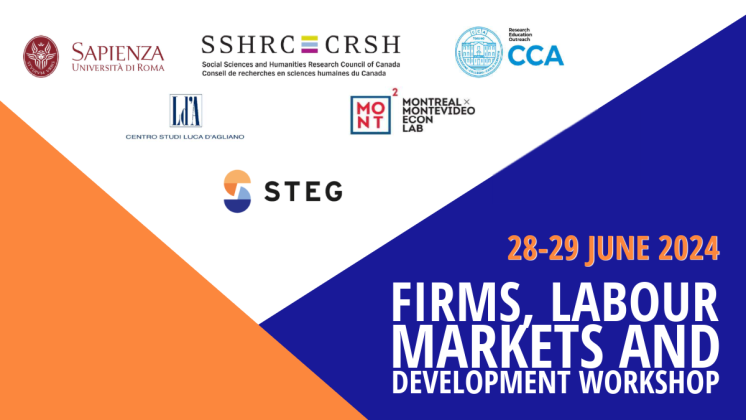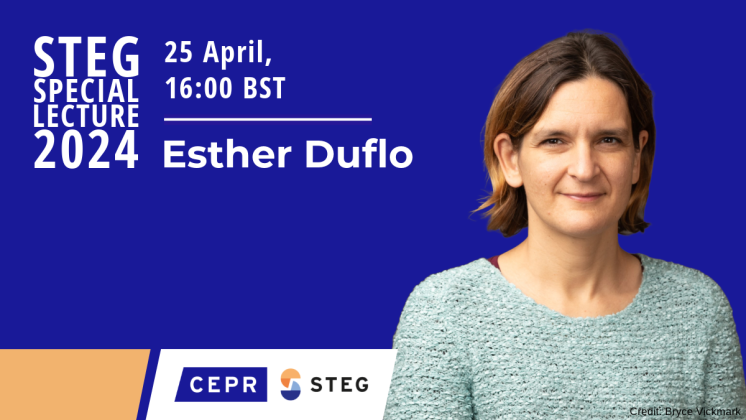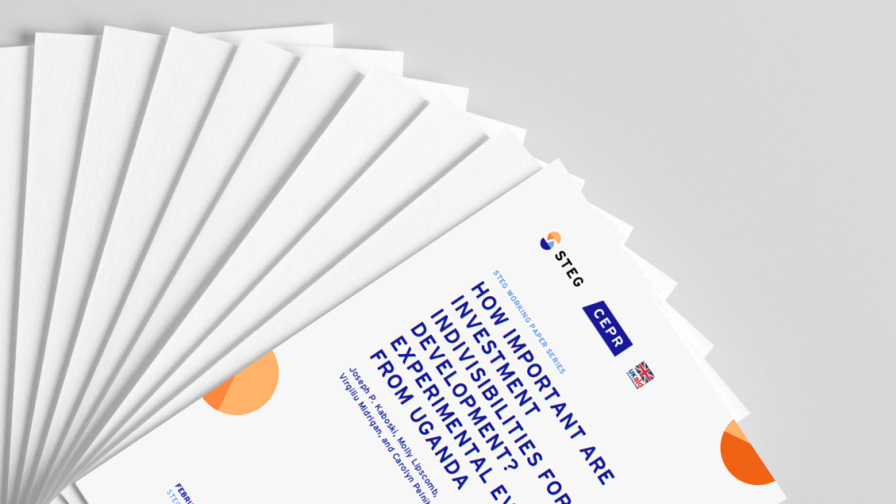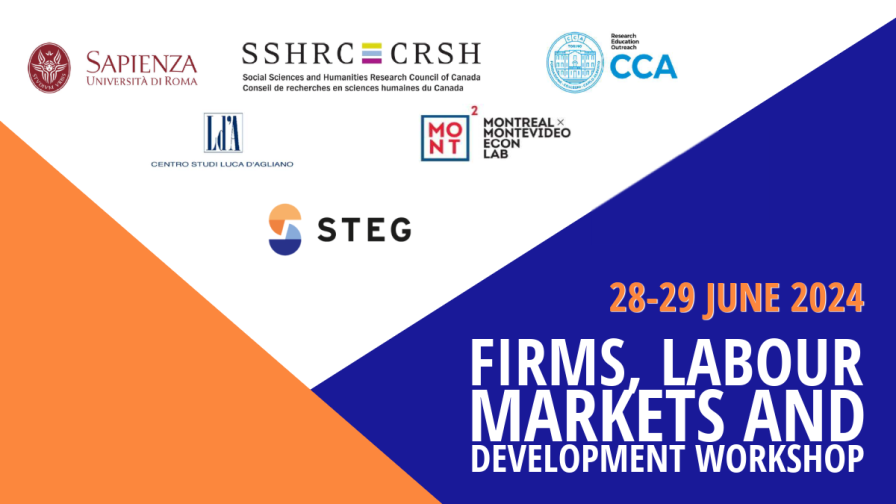Trade policy is often cast as a solution to the free-riding problem in international climate agreements. This paper uncovers the extent to which trade policy can deliver on this promise. We introduce abatement technology and carbon externality into a multi-country, multi-industry quantitative trade model. Our framework accommodates a rich set of policy considerations, including firm delocation, multilateral carbon leakage, and returns to scale in production and abatement. By deriving simple analytical formulas for optimal carbon, production, and border taxes, we are able to quantify the reduction in CO2 emissions under two prominent proposals that combine carbon pricing with trade policy. First, we show that carbon border taxes can replicate at most 1% of the CO2 reduction attainable under global climate cooperation. By comparison, Nordhaus’s (2015) climate club proposal can foster global climate cooperation and reduce global CO2 emissions by up to 61%. This successful outcome hinges on both the US and EU committing to the climate club as core members, using their collective trade penalties to enforce climate cooperation by reluctant governments.
STEG Working Paper Series
Can Trade Policy Mitigate Climate Change?
Farid Farrokhi and Ahmad Lashkaripour

Related content
















